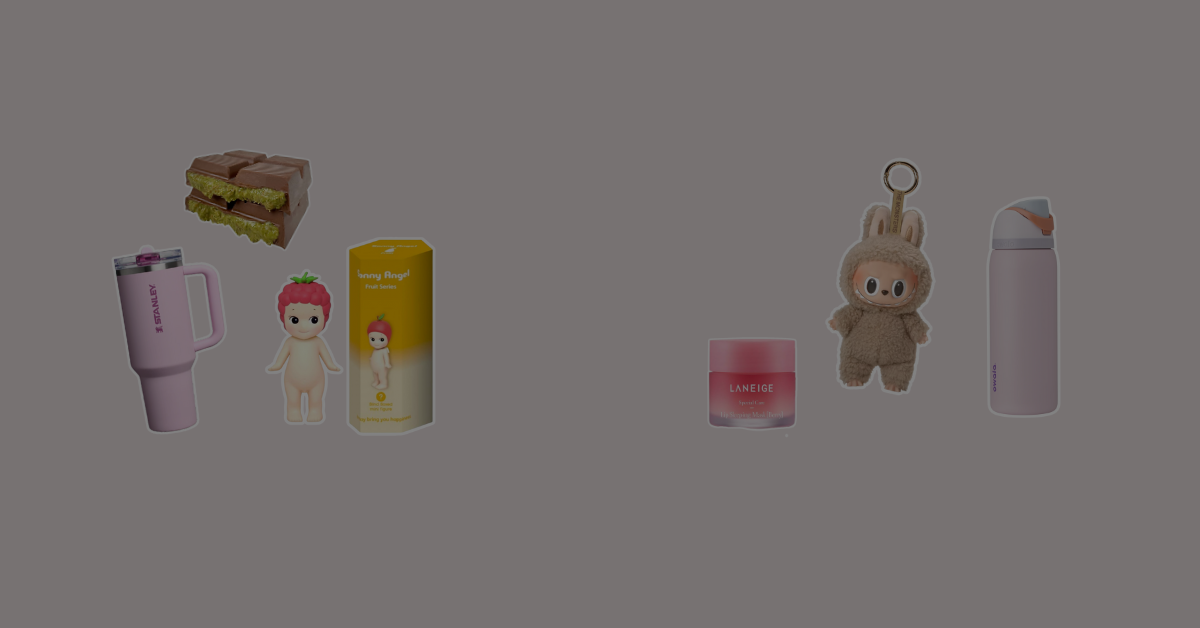Why Consumers Are Trusting Influencers More Than Brands
Key Summary (TL;DR)
-
People trust people. Influencers show up as themselves, not as logos.
-
Relatability matters. Casual, behind-the-scenes content beats scripted ads.
-
Niche > mass market. Influencers speak the language of their community.
-
Engagement builds loyalty. Followers feel seen, and that keeps them around.
The Era of Influencer Marketing
Consumers are sick of traditional ads. In a world full of pop-ups, sponsored ads, and overly polished campaigns, consumers are tuning out brand messaging, and turning to people they trust. That trust? It lives with influencers.
Whether it's a TikTok creator showing their unfiltered morning routine or a YouTuber reviewing products with brutal honesty, today’s audience wants real over rehearsed. Let’s break down why consumers trust influencers more than brands, and what marketers can learn from it.
.jpg?width=681&height=454&name=attractive-caucasian-young-woman-video-blogger-sho-2024-12-02-10-05-36-utc%20(1).jpg)
Authenticity Wins Every Time
Influencers are relatable. Their content feels like a recommendation from a friend, not a marketing pitch. They show their lives, the messy, the beautiful, and the in-between.
Take Alix Earle, known for her “Get Ready With Me” videos. Her transparency about beauty routines, college life, and brand partnerships helped her become one of the most trusted (and viral!) Gen Z influencers. When Alix uses a product, it doesn’t feel like an ad, it feels like a tip from your cool older sister.
@alixearle Stay tuned for outfit video #dolphins #miami ♬ original sound - Alix Earle
Not only that, but there's statistics that consumers really do enjoy being told to try a product via an influencer over a traditional ad. Neil Patel highlighted exactly this in a recent chart on Instagram.
Influencers aren't only seen as influencers, they are perceived as familiar and friendly faces, akin to trusted friends or family members. This perception significantly lowers the barriers to purchase for consumers, as recommendations from influencers feel more like personal endorsements rather than impersonal advertisements.
When an influencer suggests a product, it resonates with their audience on a personal level, creating a sense of trust and reliability. This connection makes it easier for consumers to feel confident in their purchasing decisions, as they believe the influencer genuinely uses and supports the product, rather than simply promoting it for financial gain.
This dynamic fosters a more intimate and persuasive form of marketing, where the influencer's authenticity and relatability play a crucial role in influencing consumer behavior.
Influencers Build Real Relationships
Influencers reply to comments. They respond to DMs. They ask questions. They open up. That level of interaction builds a sense of community, a two-way street most brands struggle to replicate.
Emma Chamberlain has built her brand on this very idea. She’s raw, quirky, and open about mental health, anxiety, and day-to-day life. Her audience doesn’t just follow her, they feel like they know her. When she launched Chamberlain Coffee, people weren’t just buying beans, they were buying into her.

Emma Chamberlain for Chamberlain Coffee
And that’s the difference, brands often chase engagement metrics, but influencers create relationships. When someone feels heard, they’re more likely to listen in return. That mutual exchange is where trust is born, and loyalty follows!
Peer Influence > Brand Messaging
Word-of-mouth is still the most powerful form of marketing, like Logan Paul and KSI, whose Prime Hydration brand sold out immediately, thanks to their rabid fan base! The product launch didn’t rely on traditional advertising. It relied on creator credibility and loyal communities.

KSI and Logan Paul for Prime Hydration
Consumers trust influencers because they’ve “followed the journey.” They’ve seen them reject products, critique brands, and talk candidly. That makes endorsements feel earned, not bought.
They Speak to Specific Niches
While brands often cast a wide net, influencers speak directly to a niche. Whether it’s gaming, skincare, fashion, or finance, influencers are dialed into communities and trends faster than most brands can keep up.
Bretman Rock, for example, blends beauty, comedy, and cultural identity in a way that resonates deeply with his audience. His influence extends beyond product recommendations, he represents lifestyle, identity, and aspiration.
@bretmanrock Smiski Hippers ? I think YAAAAAAAAASSSSSS
♬ original sound - bretmanrock
That’s the power of specificity. While brands often aim for mass appeal, niche influencers know exactly who they’re talking to, and their audience feels it. That kind of alignment creates credibility that’s hard to fake, and even harder to buy.
They’re Building Their Own Brands, and People Buy Them
Creators like Hailey Bieber with Rhode, and Marianna Hewitt with Summer Fridays, prove that when an influencer builds a brand, it feels like a natural extension of their identity. These products don't feel like cash grabs, they feel like a piece of the person.

The difference? Trust. Their followers believe they wouldn’t put their name on something they don’t actually use.
At Torro Media, we specialize in helping brands tap into this power, right here in Boston and beyond.
Our influencer marketing and management services connect businesses with trusted creators who align with your audience, your voice, and your goals. Whether you're launching a product or building long-term brand equity, we know how to create authentic partnerships that drive real results. Because in today’s world, people don’t just want to buy, they want to believe. And that belief starts with trust.
Want to bring this kind of authenticity into your next campaign? We’re ready when you are.



